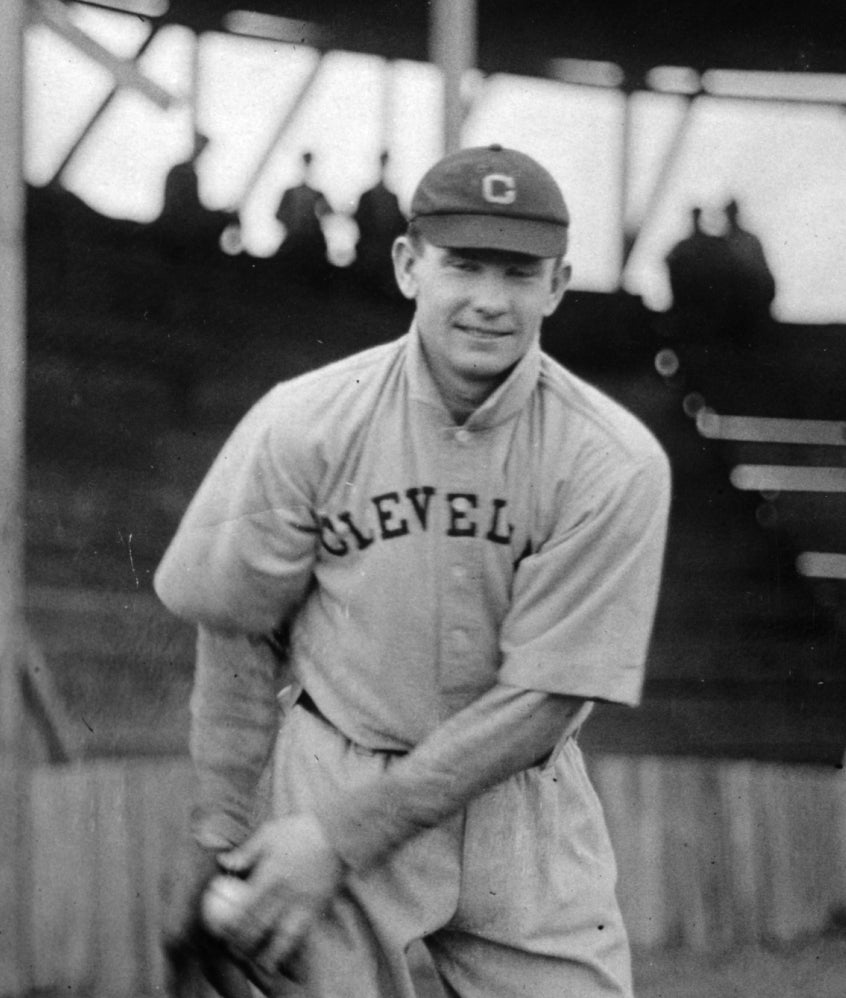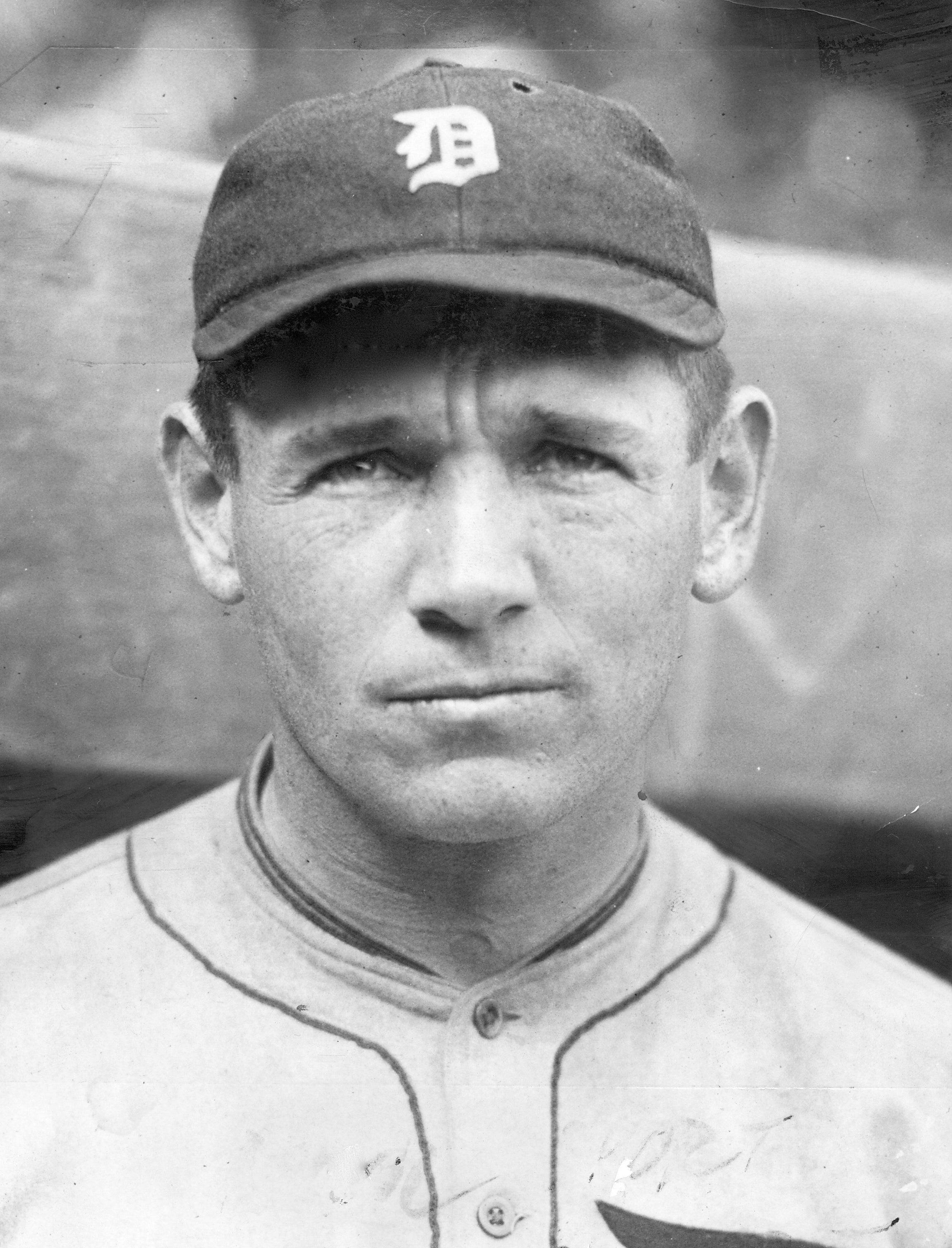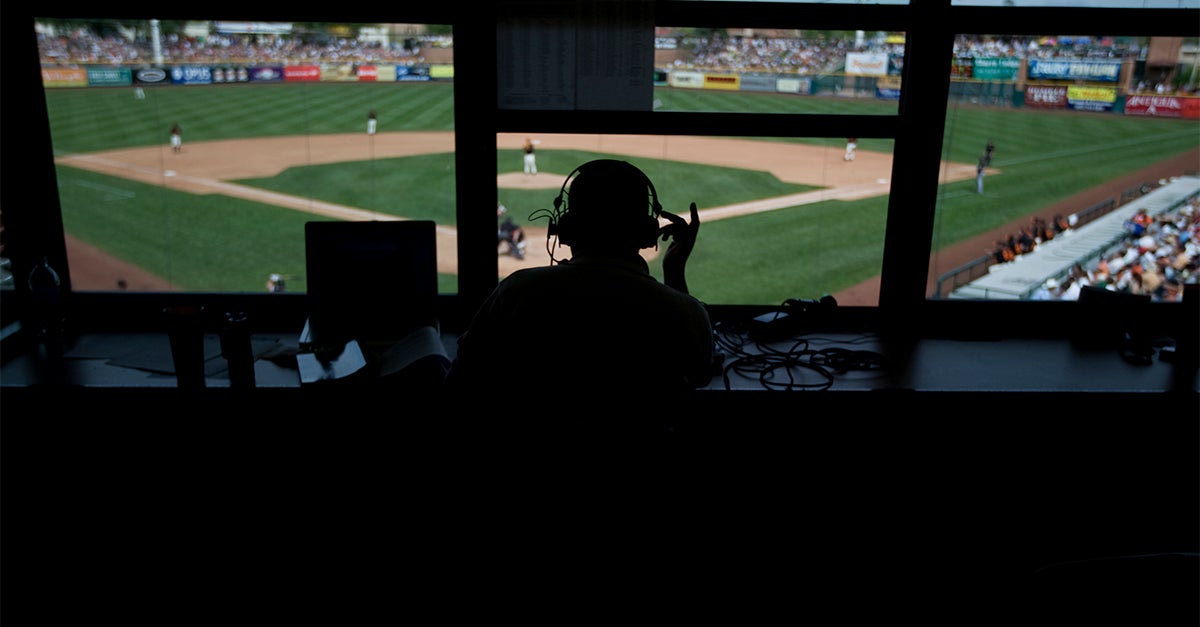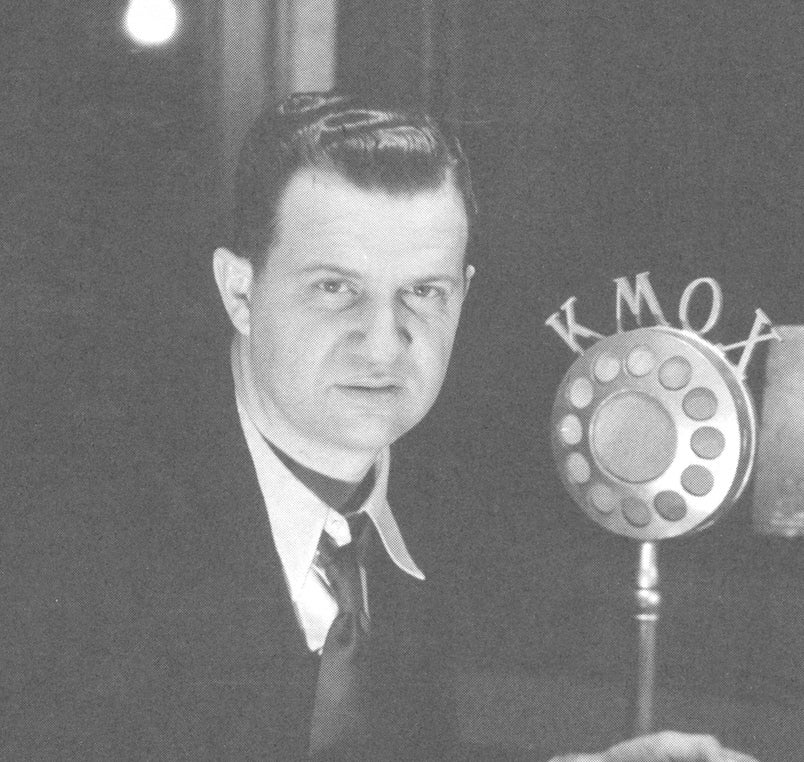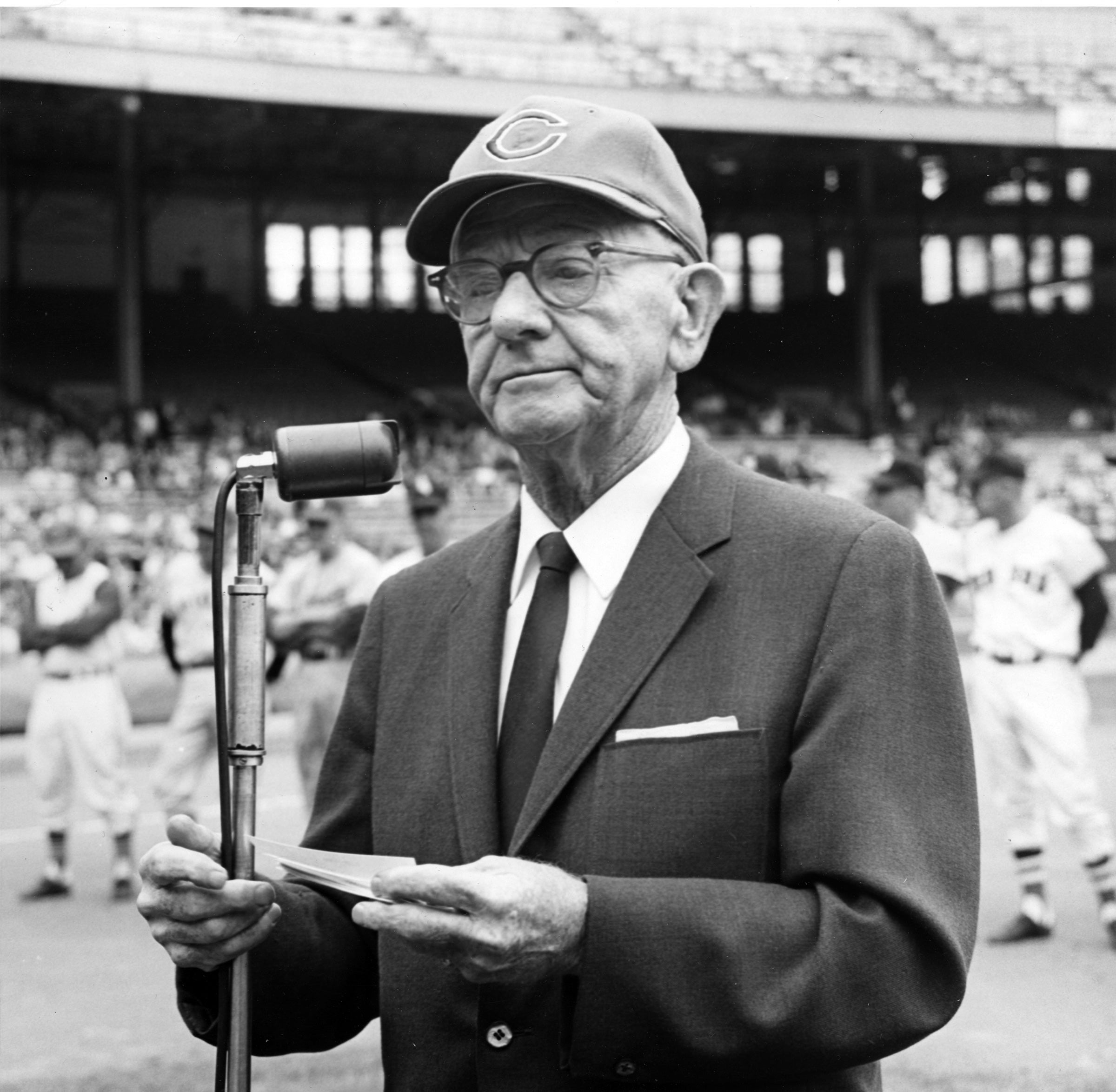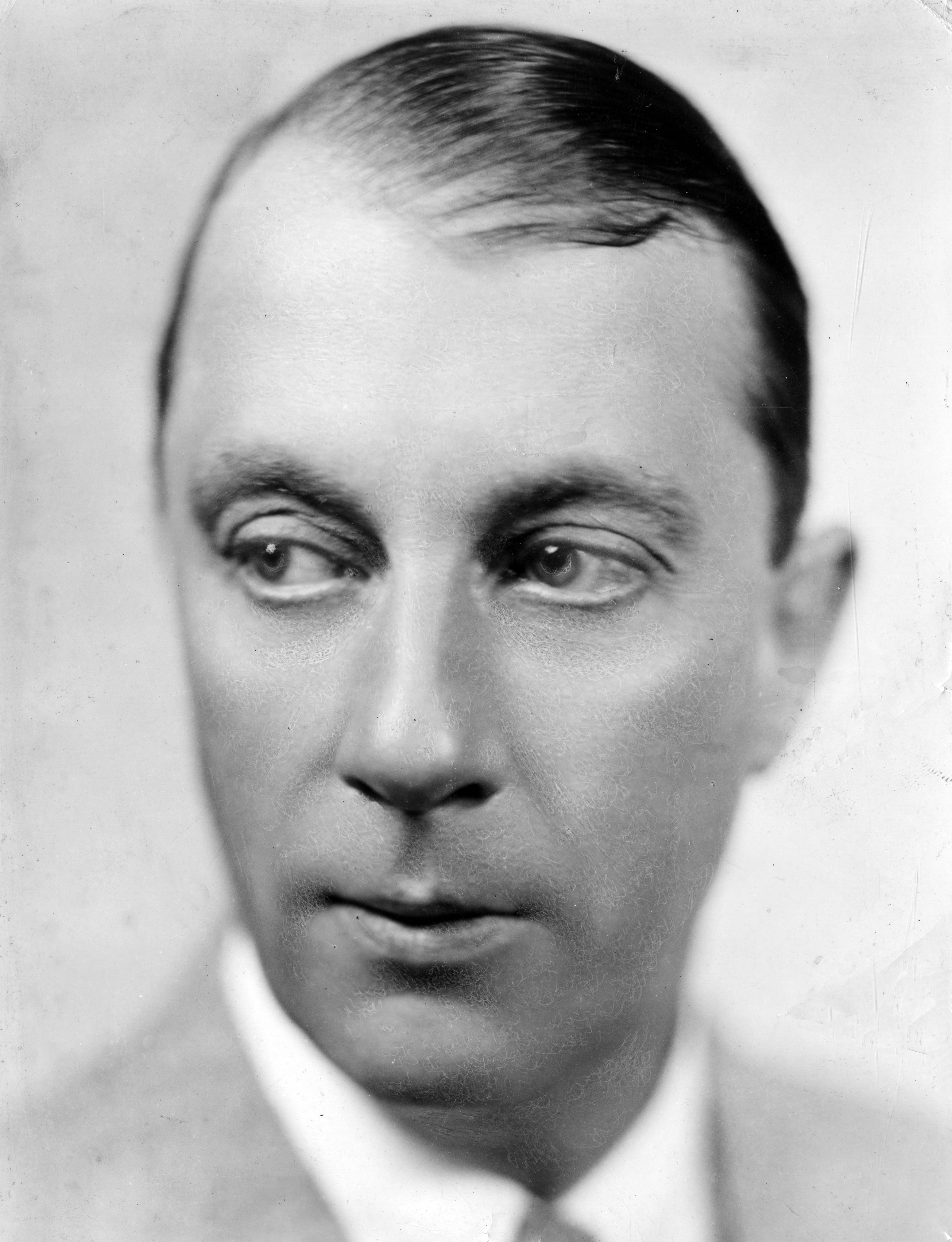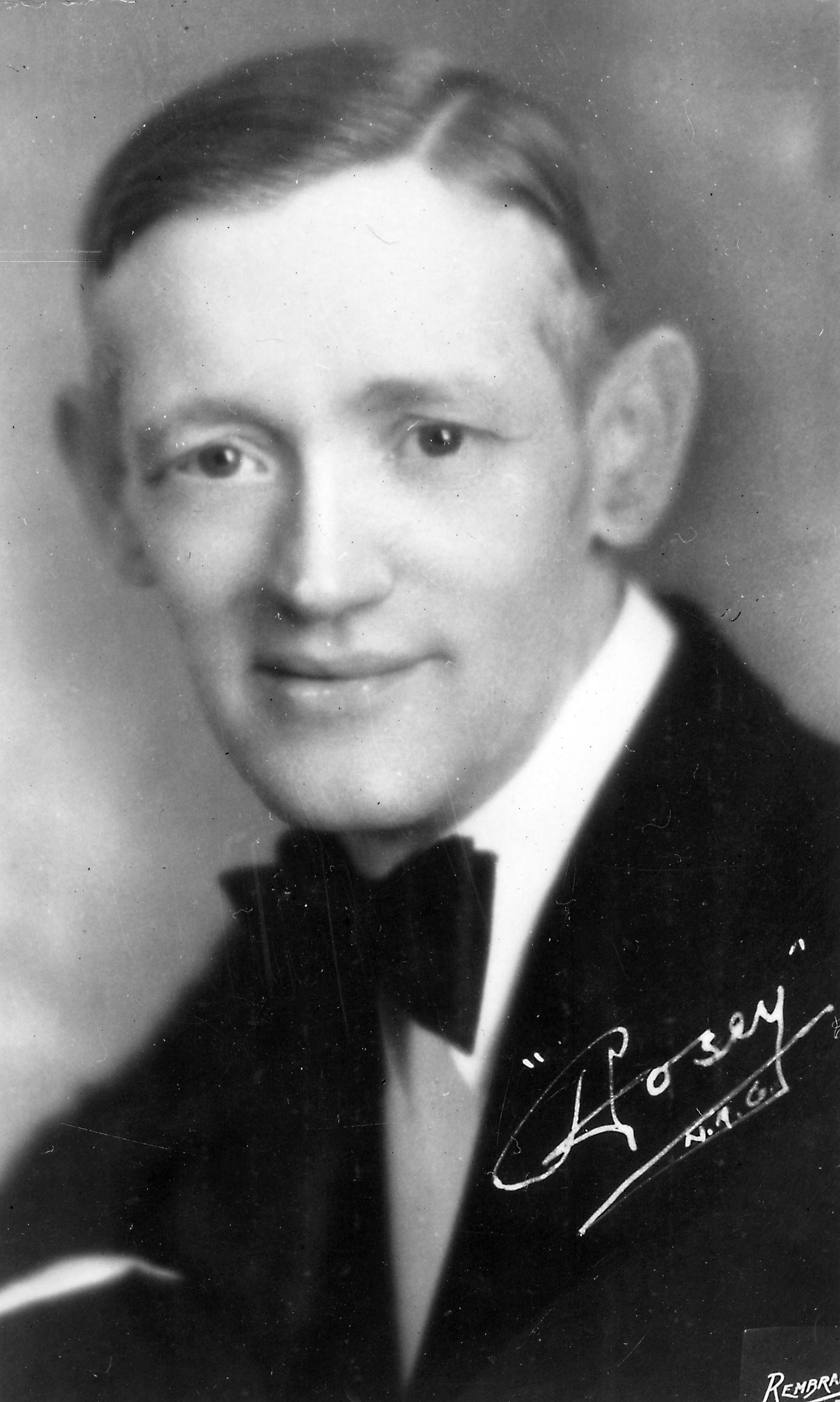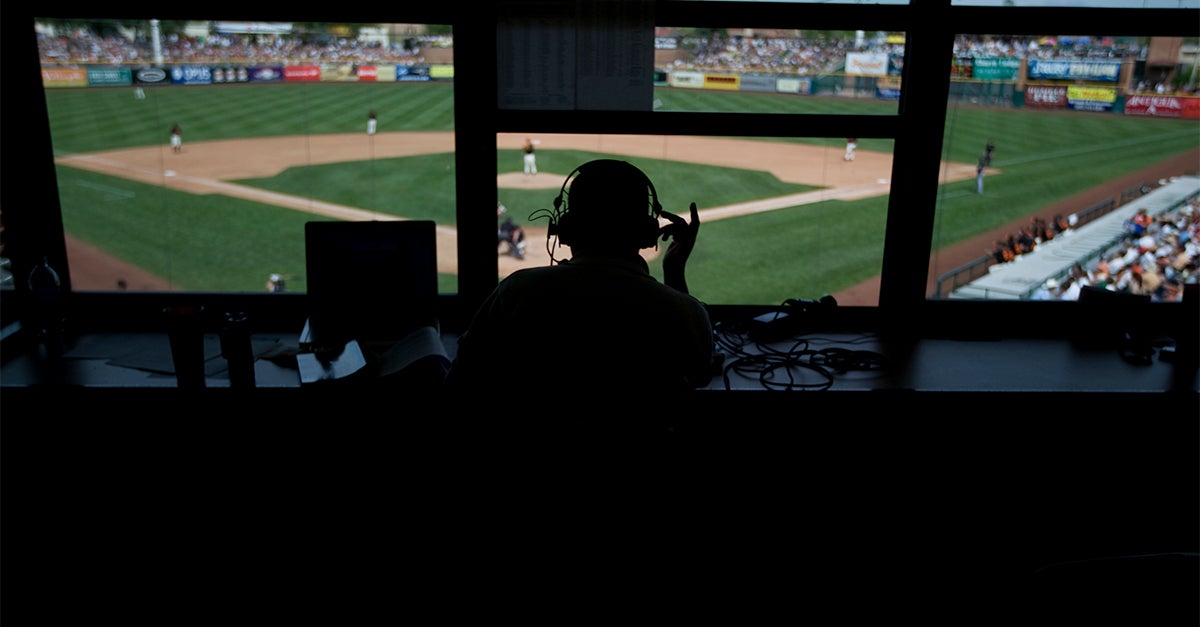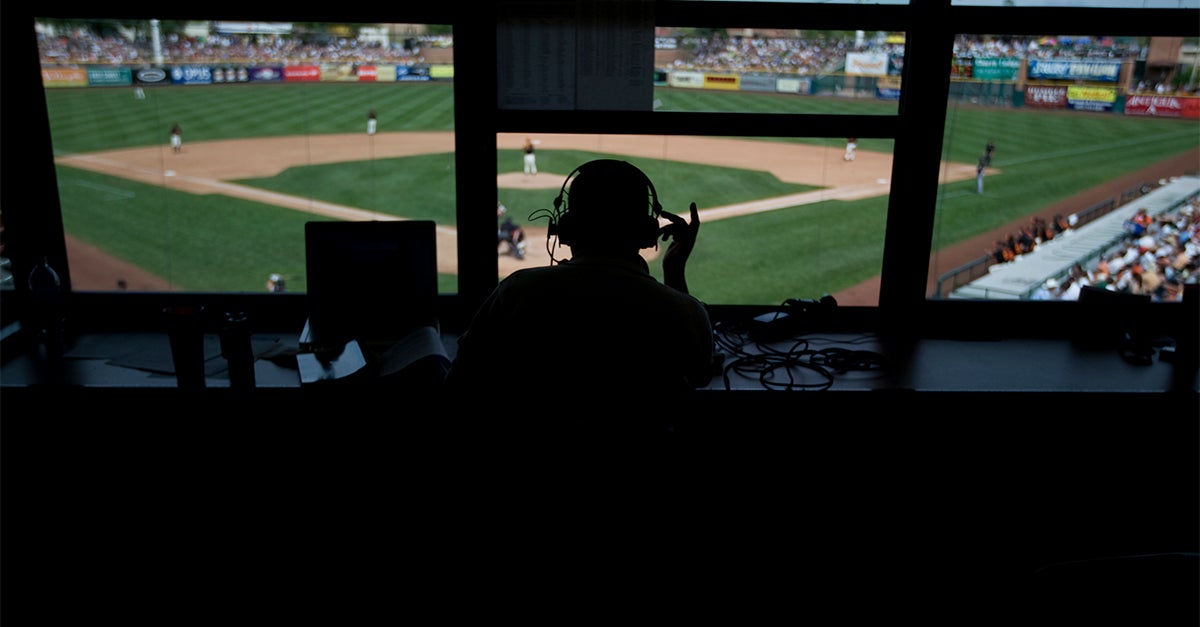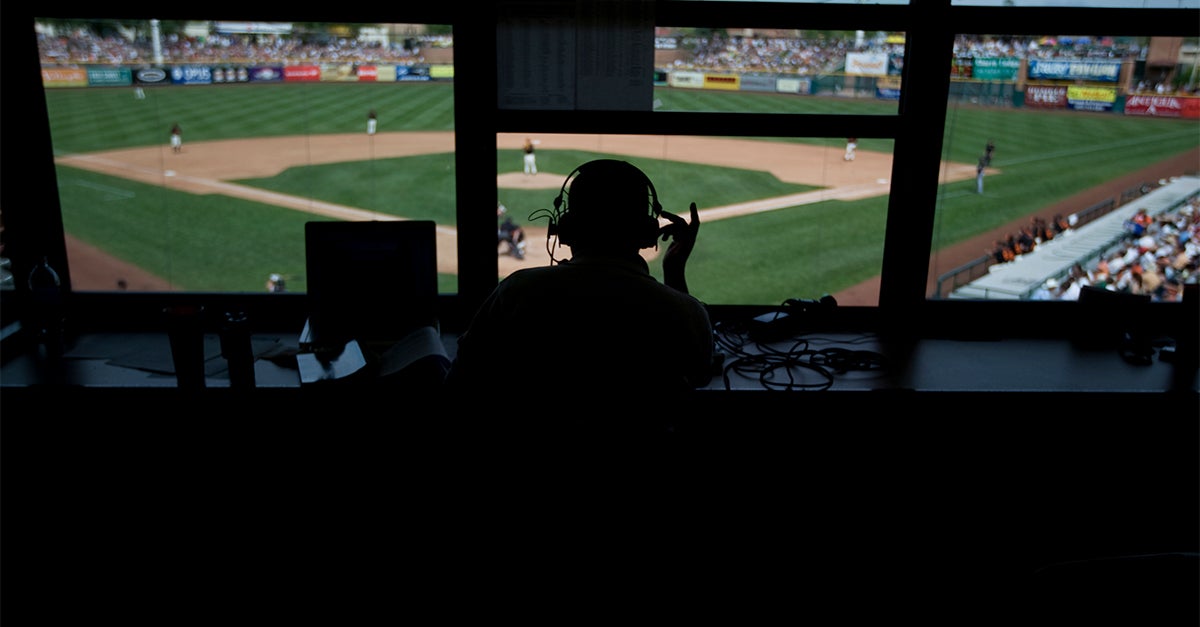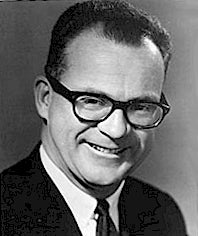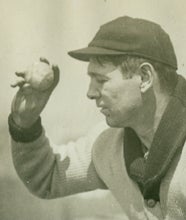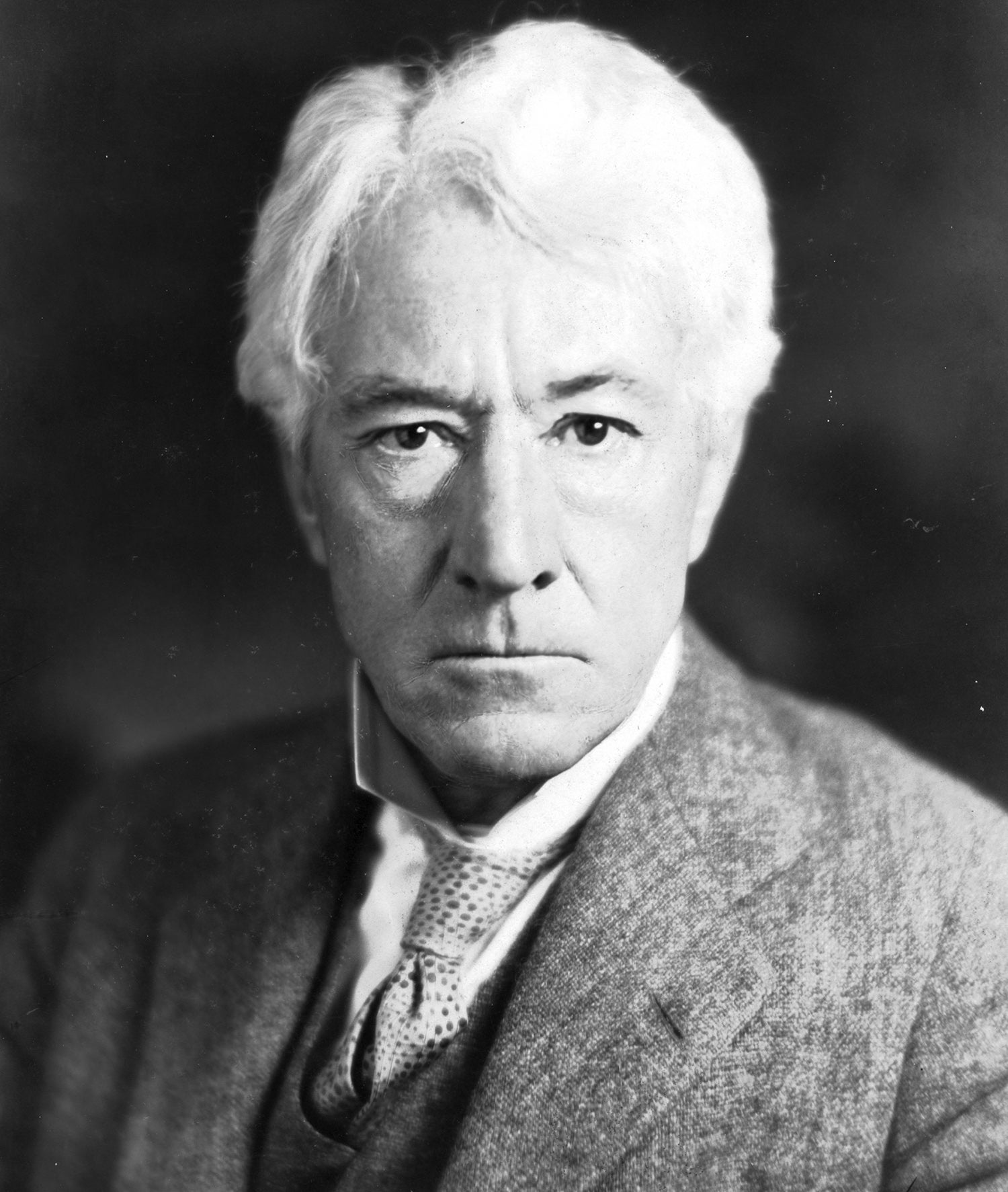“He is naturally partial to the Tigers…(but) he does not make the mistake of constantly alibying (sic) the team when it is playing badly, or the other side is playing better.”
- Home
- Our Stories
- Ty Tyson
Ty Tyson
Ty Tyson was a true pioneer on the Detroit airwaves, but his path to becoming the Tigers’ first radio broadcaster was anything but direct.
A Pennsylvania native, Tyson worked at several jobs as a young man, including vocations as a coal miner, mercantile appraiser and wallpaper salesman. He also spent nearly a year in overseas conflict with the U.S. Army during World War I.
Upon a referral from friend and orchestra performer Fred Waring, Tyson replaced Bill Holliday, one of America’s first radio announcers, at Detroit station WWJ. He accepted the job offer via telegram in Pennsylvania.
Tyson broke into the Great Lakes sporting scene by calling the first University of Michigan football game on radio in 1924. The gig was originally a one-time experiment, but after enthusiasm – and consequently sales -- for the Wolverines’ next game spiked, Tyson was allowed to broadcast every contest.
The afternoon of April 20, 1927 marked the first Detroit Tigers game to reach living rooms, with WWJ’s Tyson supplying the commentary. His delivery was “a straightforward report of the ballgame,” according to broadcast journalist Fran Harris, and it was an instant hit with the Tigers’ fan base.
“Perhaps the best part of Ty’s baseball broadcast is that he does not yield to the temptation to be a wild-eyed fan,” wrote E.A. Batchelor of The Detroit Free Press in 1931. “He is naturally partial to the Tigers…(but) he does not make the mistake of constantly alibying (sic) the team when it is playing badly, or the other side is playing better.”
In 1934, Commissioner Kennesaw Mountain Landis sought to bar local stations from broadcasting the World Series between the Tigers and St. Louis Cardinals, fearing that the commentary would be too partisan toward either side. An outpouring of roughly 600,000 Detroit fans petitioned Landis to change his mind, and he eventually did by allowing Tyson to call the games separate from CBS and NBC on WWJ.
NBC tabbed Tyson for its nationwide broadcast of the Fall Classic the following year, and asked him to return for the 1936 Series as well. He continued to work Detroit games until his retirement in 1942, but he returned for new television duties in 1947. He also returned briefly to WWJ’s airwaves to relieve an ailing Harry Heilmann in 1951 before retiring for good at the end of 1953. In total, the man nicknamed “Tyrone Tradition” graced the WWJ microphones for 31 years.
Tyson continued to provide color commentary on Michigan State football games and returned to Briggs Field for guest stints alongside Ernie Harwell – much to the delight of the first generation of Detroit listeners. He passed away in December 1968 at the age of 80.

